Another “Small Grant” from the University of Zielona Góra
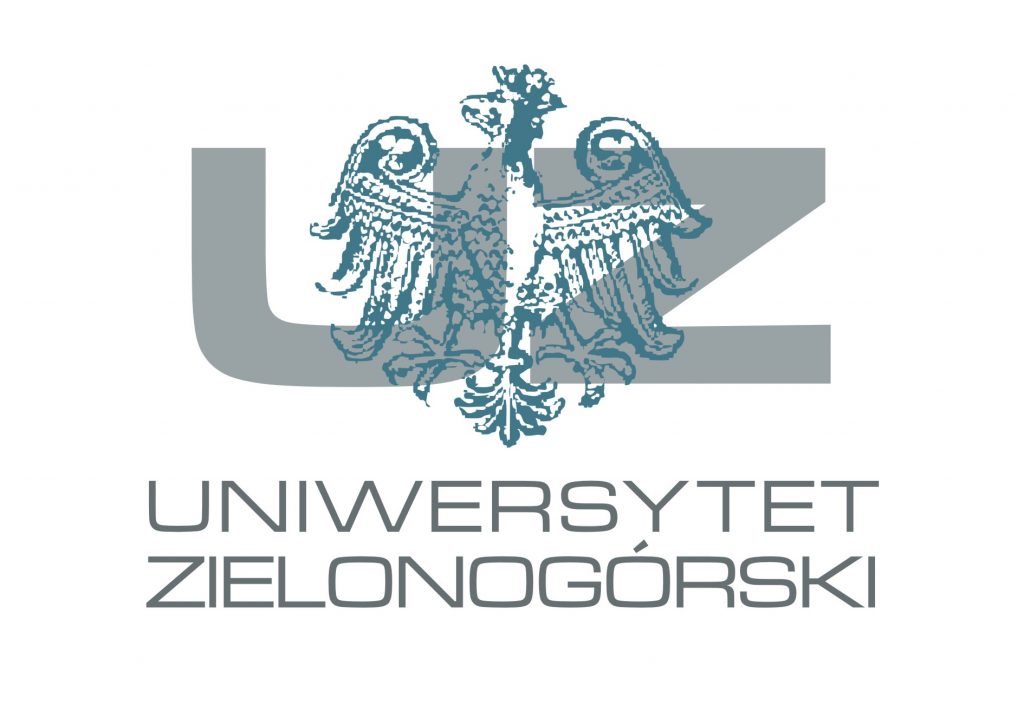
Prof. Justyna Patalas Maliszewska, the Deputy Rector for Science and International Cooperationof of the University of Zielona Góra (UZ), home institution of the AΦR, awarded Tomasz Mróz with a “Small Grant”. These internal grants are distributed by the Rector annually among those researchers of UZ, who have submitted their proposals to the National Science Centre (NCN), received positive assessements from the experts, yet finally have not been granted funding.
The aim of the “Small Grant” for AΦR is a preliminary research on the legacy of Bohdan Kieszkowski (1904-1997), an expert in Renaissance Italian Platonism. Funding will be spent on library research and attending an international conference.

This is the second “Small Grant” awarded to the AΦR research group.
The previous one was announced here.
A Guest from Vilnius University
In the last week of November Institute of Philosophy hosted an Erasmus+ visitor from Vilnius University, prof. Jonas Čiurlionis, a long-time collaborator of Ancient Φilosophy Reception research group. It was his second visit in Zielona Góra. One of the tasks of our guest was to consult conclusions of the dissertation by Adrian Habura, the topic of which is a multifaceted reception of Aristotle in Władysław Tatarkiewicz’s oeuvre. It is sufficient to add that prof. J. Čiurlionis is Habura’s auxiliary supervisor.
The most important, however, were Čiurlionis’ lectures and talks for students of philosophy and related fields of study. During the first of them he discussed Aristotle’s Physics. He focused not only on the most significant problems of this work, as, for example, the theory of four elements, but also presented the broader context of Stagirite’s reflection, his fundamental premises and his general view of the world. At the end of the lecture, prof. Čiurlionis referred to Carlo Rovelli, a theoretical physicist, who considers Aristotelian physics to be still topical and not outdated.
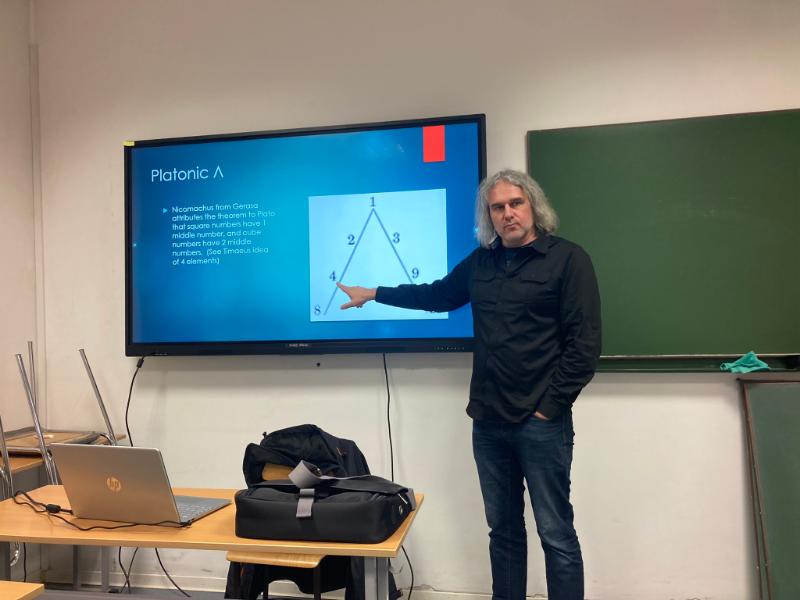
The second lecture on ancient philosophy was devoted to the subject of harmony, broadly considered. Starting with Pythagorean and Platonic concepts, prof. Čiurlionis moved on to other authors dealing with this issue and demonstrated how harmony manifested itself in various aspects of ancient Greek philosophy and, more broadly, in Greek culture, and in subsequent centuries, in music and astrology.
AΦR at the 3rd Congress on Polish Philosophy
The 3rd Congress on Polish Philosophy took place in October (18th-20th) in the Rydzyna Palace. It gathered scholars interested in researching the tradition of Polish philosophy and developing it. Two members of the Ancient Φilosophy Reception research group took part in this philosophical event: Adrian Habura – online, and Tomasz Mróz – onsite. The first of them spoke about the concept of love in the works of Władysław Tatarkiewicz (1886-1980), while the latter – on the history of studies on the reception of ancient philosophy in Poland.
Mróz’s paper was directly concerned with problems related to the reception of ancient philosophy and started with quotes of diverse opinions of two eminent Polish researchers in the history of Greek philosophy, that is, Stefan Pawlicki (1839-1916) and Wincenty Lutosławski (1863-1954). Lutosławski, when composing his works on Plato, searched for Polish authors and their studies to provide references to them, while Pawlicki paid no interest to the works of his compatriots on Greek philosophy.
In more recent decades it was Izydora Dąmbska (1904-1983), a philosopher and historian of philosophy, who published a study on the reception of Plato in Poland (1972), but nowadays many books and papers on this topic were published by the members of the AΦR research group. Concluding his talk Mróz briefly presented research projects of the members of the AΦR and the books they had published, to start with the latest one:
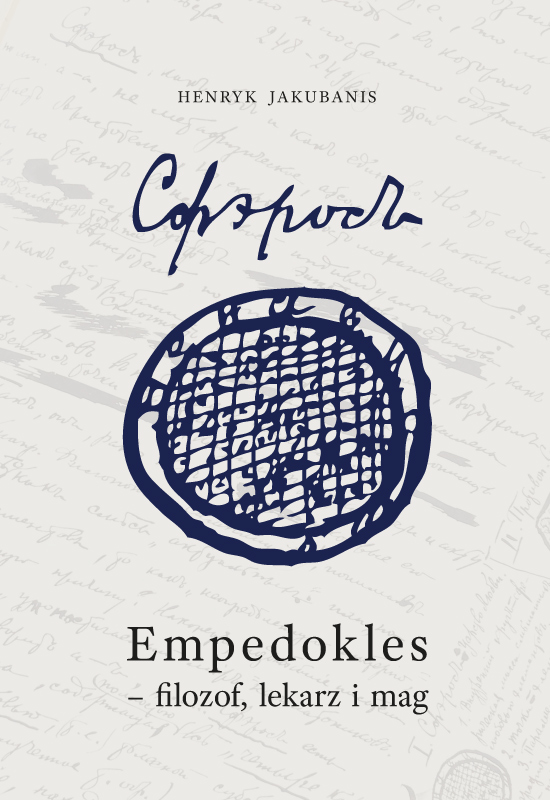
Henryk Jakubanis, Empedokles – filozof, lekarz i mag: Przyczynek do jego zrozumienia i oceny (Empedocles: a Philosopher, a Doctor and a Magus. Materials for Understanding and Assessing Him), transl. from Russian and ed. Mariam Sargsyan, A. Habura, Wydawnictwo Marek Derewiecki, Kęty 2024, 104 pp. (Studies and Texts in the History of Reception of Ancient Philosophy, vol. 3).
T. Mróz, Stanisław Lisiecki (1872-1960) i jego Platon (Stanisław Lisiecki (1872-1960) and His Plato), Wydawnictwo Marek Derewiecki, Kęty 2022, 150 pp. (Studies and Texts in the History of Reception of Ancient Philosophy, vol. 2).
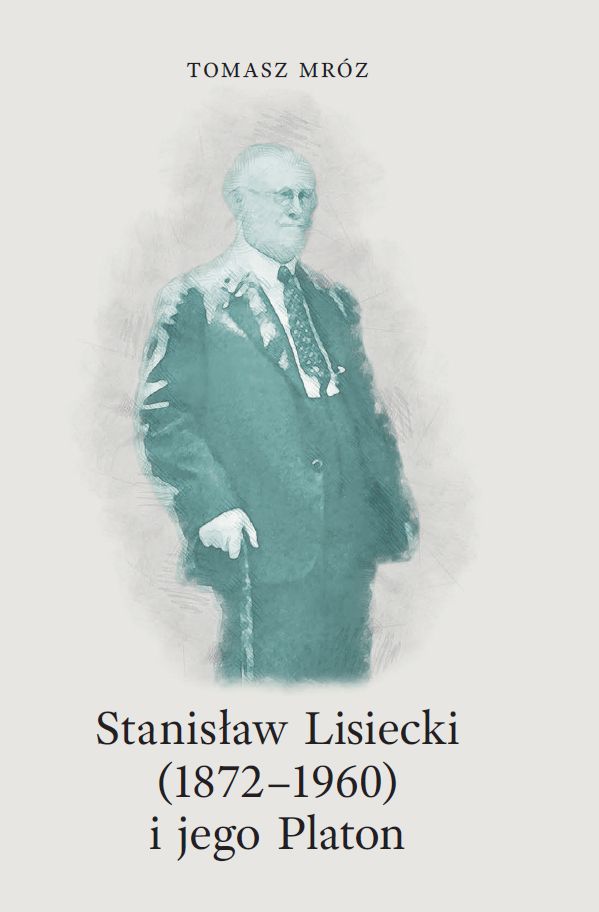
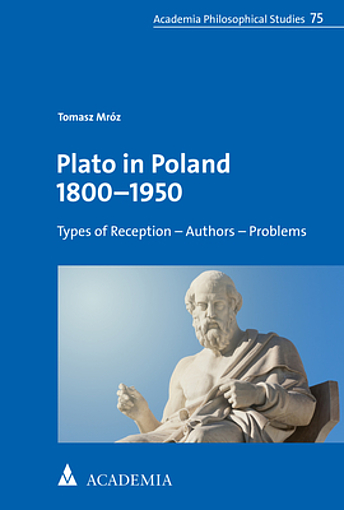
T. Mróz, Plato in Poland 1800-1950: Types of Reception – Authors – Problems, Academia Verlag / Nomos Verlagsgesellschaft, Baden Baden 2021, 480 pp. (Academia Philosophical Studies, vol. 75).
S. Lisiecki, O Platonie, Arystotelesie i o sobie samym (On Plato, Aristotle and on Himself), ed. T. Mróz, Wydawnictwo Marek Derewiecki, Kęty 2021, 367 pp. (Studies and Texts in the History of Reception of Ancient Philosophy, vol. 1).
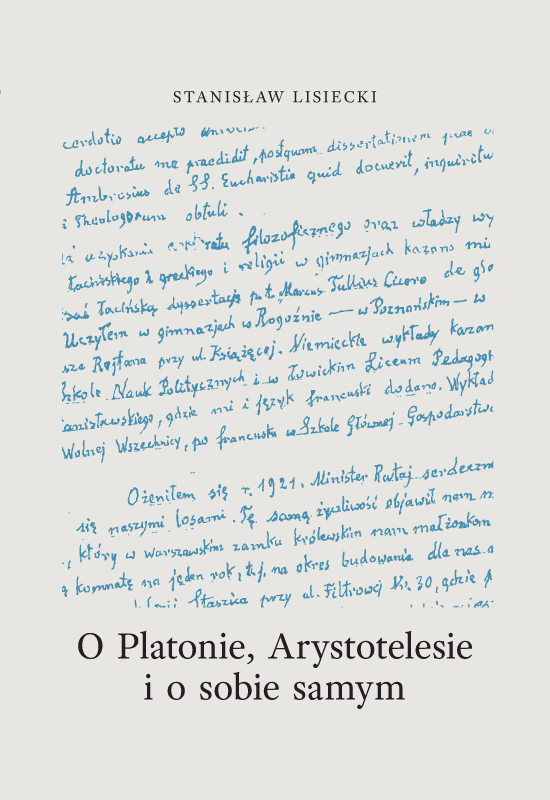
and some earlier ones…
Recent commentaries